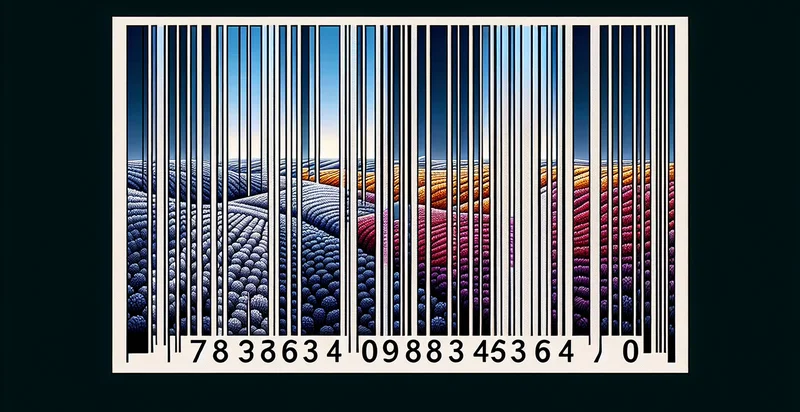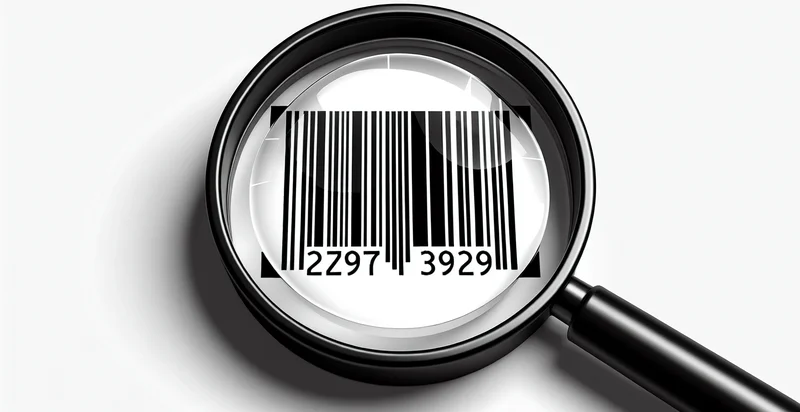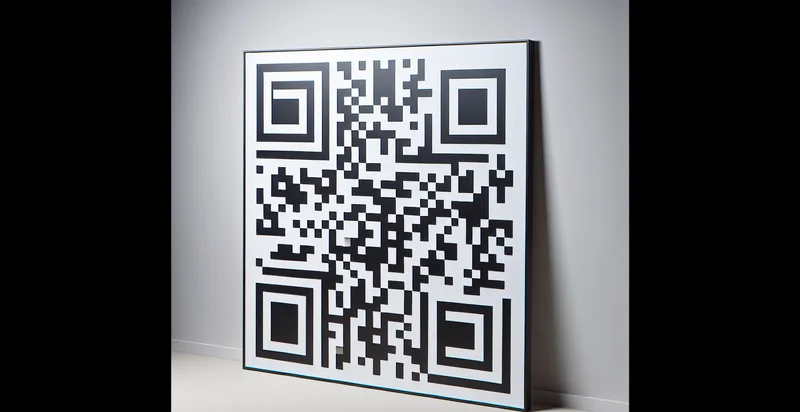Identify barcode size adequacy
using AI
Below is a free classifier to identify barcode size adequacy. Just upload your image, and our AI will predict the adequacy of barcode sizes for scanning purposes - in just seconds.


Contact us for API access
Or, use Nyckel to build highly-accurate custom classifiers in just minutes. No PhD required.
Get started
import nyckel
credentials = nyckel.Credentials("YOUR_CLIENT_ID", "YOUR_CLIENT_SECRET")
nyckel.invoke("barcode-size-adequacy", "your_image_url", credentials)
fetch('https://www.nyckel.com/v1/functions/barcode-size-adequacy/invoke', {
method: 'POST',
headers: {
'Authorization': 'Bearer ' + 'YOUR_BEARER_TOKEN',
'Content-Type': 'application/json',
},
body: JSON.stringify(
{"data": "your_image_url"}
)
})
.then(response => response.json())
.then(data => console.log(data));
curl -X POST \
-H "Content-Type: application/json" \
-H "Authorization: Bearer YOUR_BEARER_TOKEN" \
-d '{"data": "your_image_url"}' \
https://www.nyckel.com/v1/functions/barcode-size-adequacy/invoke
How this classifier works
To start, upload your image. Our AI tool will then predict the adequacy of barcode sizes for scanning purposes.
This pretrained image model uses a Nyckel-created dataset and has 10 labels, including Acceptable, Adequate, Borderline, Inadequate, Large, Marginal, Optimal, Small, Too Large and Too Small.
We'll also show a confidence score (the higher the number, the more confident the AI model is around the adequacy of barcode sizes for scanning purposes).
Whether you're just curious or building barcode size adequacy detection into your application, we hope our classifier proves helpful.
Related Classifiers
Need to identify barcode size adequacy at scale?
Get API or Zapier access to this classifier for free. It's perfect for:
- Retail Inventory Management: The barcode size adequacy identifier can help retailers ensure that product barcodes are within specific size parameters to maintain consistency in scanning. This use case minimizes errors in inventory tracking, ensuring accurate stock levels and reducing markdowns from mis-scanned items.
- Quality Control in Manufacturing: Manufacturers can implement this function to verify that barcodes meet size requirements before products reach distribution. This ensures seamless tracking throughout the supply chain and prevents costly issues that arise from improperly sized barcodes.
- E-commerce Fulfillment Efficiency: E-commerce companies can use the identifier to check that barcodes on shipping labels are adequately sized for automated systems. This allows for faster processing and reduces the likelihood of shipping errors, leading to a more efficient fulfillment operation.
- Compliance with Industry Standards: Organizations can leverage the barcode size adequacy identifier to ensure compliance with various industry standards regarding barcode dimensions. This is particularly important in highly regulated sectors such as pharmaceuticals and food, where accurate labeling is crucial for safety and traceability.
- Point-of-Sale System Optimization: Retailers can utilize this function to ensure barcodes scanned at the point-of-sale are adequately sized, facilitating quick and accurate transactions. By reducing scanning errors, this leads to improved customer satisfaction and operational efficiency.
- Inventory Audits and Reporting: During inventory audits, the identifier can be employed to assess whether existing barcodes on products adhere to the necessary size standards. This helps businesses identify and rectify discrepancies in their inventory records, leading to more accurate financial reporting.
- Supplier Quality Assessment: Companies can implement this function as part of their supplier evaluation process to ensure that incoming products have barcodes that meet size specifications. This proactive measure enhances supply chain integrity, reduces operational delays, and fosters better supplier relationships.


